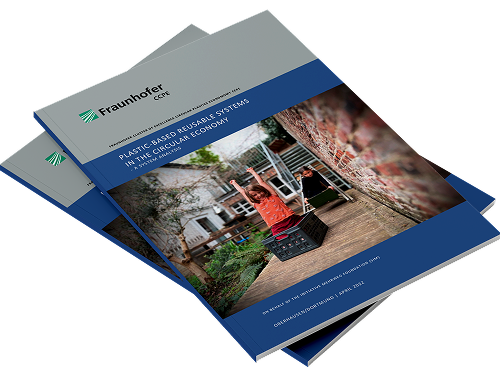Scientific studies on sustainability are crucial for promoting resource conservation and environmental protection. They provide valuable insights for developing strategies to optimize reusable systems and reduce environmental impacts.
In cooperation with environmental and trade associations, as well as reuse-oriented companies, the Stiftung Initiative Mehrweg (Reusable Systems Foundation) annually analyzes specific focus areas and integrates the findings into the environmental policy dialogue.
These studies provide essential data for a more sustainable future and support the long-term stabilization and increase of reusable packaging shares across all economic sectors
Our Studies at a Glance
Here you’ll find a selection of current and relevant studies.
Reuse vs Recycle
This study evaluates the energy and water consumption as well as the circular-ity achieved by single-use and reusable packaging based on literature data, statistics, and interviews. As a Fraunhofer Institute with proven experience in the ecological, economic, and technical evaluation of processes, products, and services, we see ourselves not only as neutral evaluators, but also as bridge builders between technology development, evaluation, and implementation.
Energy and water consumption, along with transport costs and specific material costs, are often at the center of the question, whether single-use or reusable packaging is the better system solution. Furthermore, this data also serves as the basis for the life cycle inventory in life cycle assessments. The aim of this report is to compile the current state of knowledge on the relevant technical processes and the associated direct energy and water consumption necessary to close the loop. Since, from an ecological and geopolitical perspective, the linear economy must give way to a circular economy in the future, and high circulation rates must therefore be achieved, the authors believe this is a sensible focus.
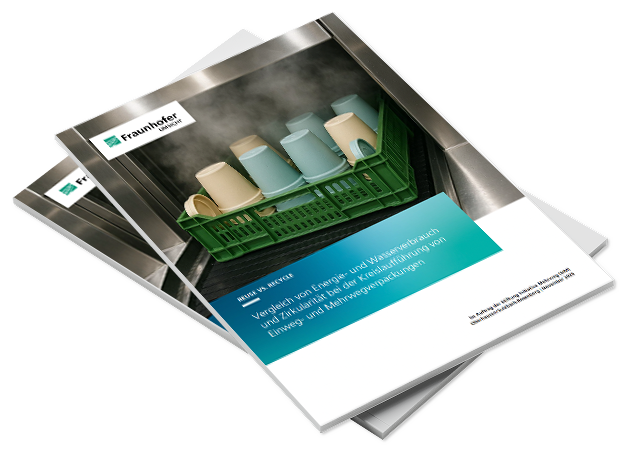
Breakage Rates Single-Use vs. Reusable (2025)
This new study examines the breakage rates of packaging in reusable and disposable systems under current logistics conditions. The aim is to determine the actual risk of product loss during transport.
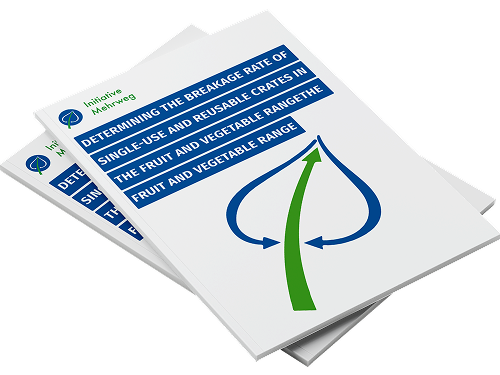
Life Cycle Analysis Study
This comprehensive life cycle assessment compares single-use and reusable packaging systems across various European countries. Although the study dates back to 2009, it still provides valuable baseline data and reference points for comparison.
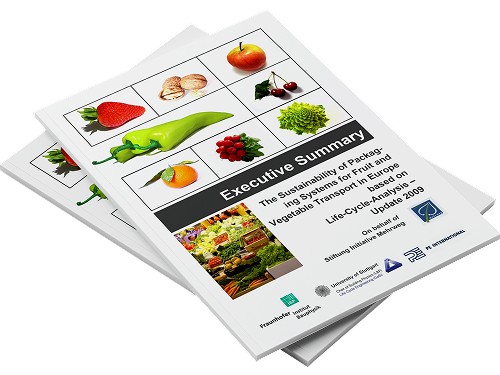
Carbon Footprint Study
The study analyzes and compares the CO₂ emissions of different packaging systems in the fruit and vegetable sector. It is based on a CO₂ footprint model covering packaging, transportation, and disposal.
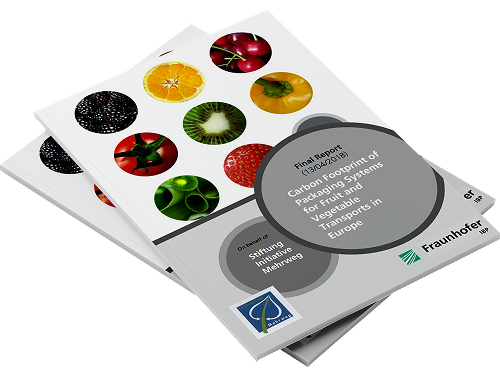
Save food study
This study focuses on transport losses along the fruit and vegetable supply chain. It demonstrates how packaging systems can help reduce losses and conserve resources.
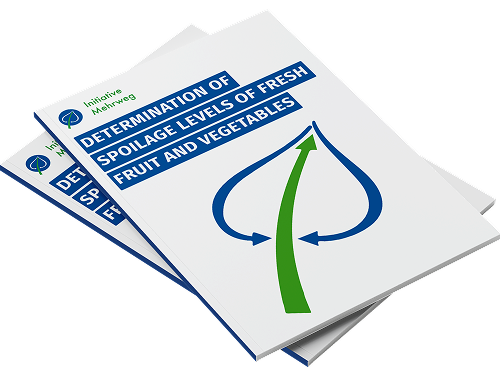
Circular Plastics Economy Study
The waste hierarchy guides sustainable waste management by prioritizing reuse over recycling and disposal. This study analyzes plastic-based reusable packaging systems, demonstrating their advantages compared to single-use alternatives. It emphasizes the need to fully implement the waste hierarchy to promote reuse as the key strategy for a circular economy.
